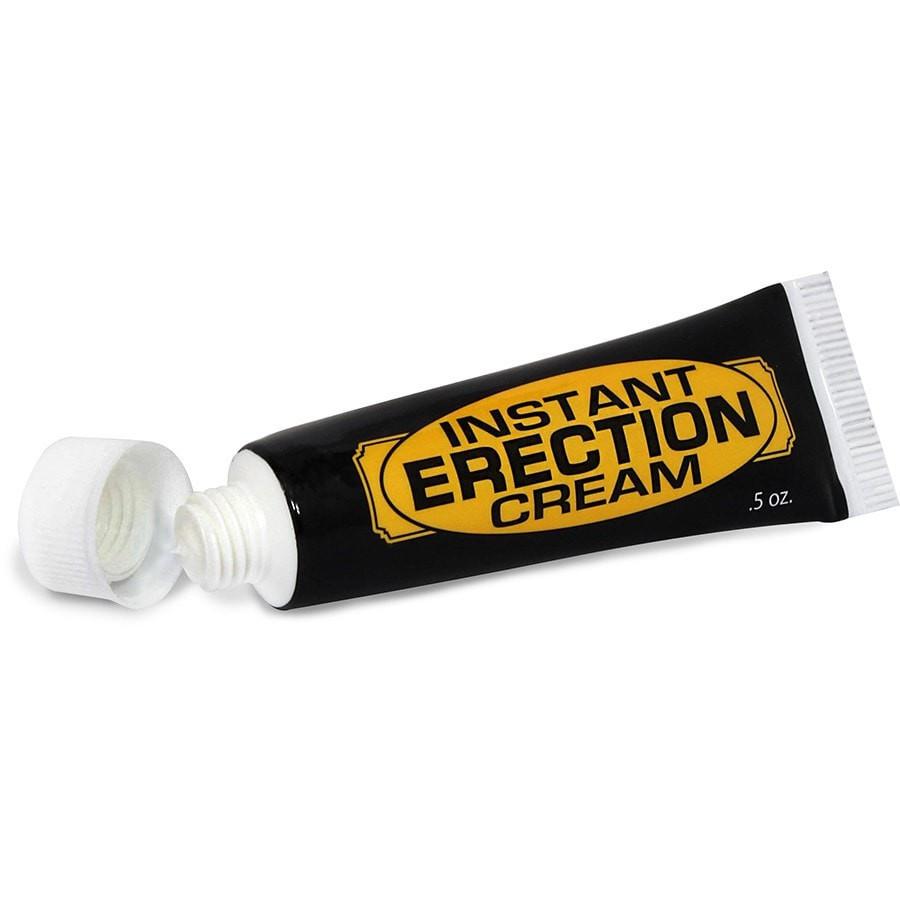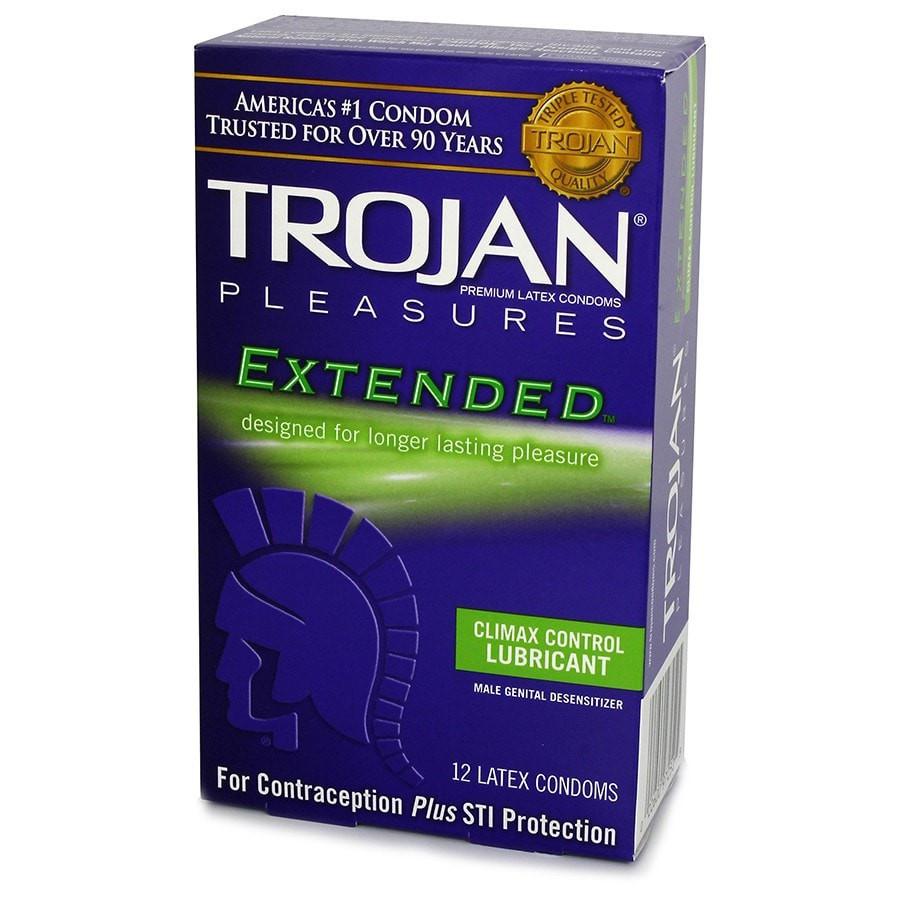Listen to an audio summary
If you’ve ever wondered whether your erections are lasting as long as they should - or longer than seems normal - you’re not alone. It’s a common concern, especially in a world filled with misinformation, unrealistic expectations, and silent anxieties around performance.
The truth is, there’s no single number that defines a “normal” erection. Duration and frequency vary from person to person, and even from one situation to the next. In this article, we’ll take a clear, evidence-based look at what science says about erection length, what affects it, and when it might be worth speaking to a doctor.
Whether you’re feeling concerned about things not lasting long enough - or going on far too long - this guide will give you the facts and help you understand what’s going on.
At a Glance
- Most erections during sex last 5–7 minutes, though timing varies by person and situation.
- Physical health, mental state, and age all impact how long erections last.
- Stress, anxiety, and relationship issues can shorten erection duration.
- Spontaneous and nighttime erections are normal and healthy signs.
- Erections lasting over 4 hours need urgent medical care.
What Happens During an Erection?
Before we talk about duration, it helps to understand how an erection actually works.
An erection starts in the brain - triggered by sexual thoughts, touch, or even spontaneous changes in hormones.
Your brain sends signals through the spinal cord to the nerves in the penis, which then cause the blood vessels to open up. As blood flows in and becomes trapped in the erectile tissue, the penis becomes firm. Once arousal fades or ejaculation occurs, those blood vessels contract, allowing blood to drain and the erection to subside.
There are three main types of erections:
|
TYPES |
DESCRIPTION |
|
Reflexogenic |
Triggered by physical stimulation or touch. |
|
Psychogenic |
Brought on by mental or emotional stimuli - like fantasy, memory, or visual cues. |
|
Nocturnal |
Also known as “sleep erections,” these occur during REM sleep and are part of the body’s natural health check. |
Understanding this process can help put things into perspective, especially when considering how easily it can be influenced by your mind, body, and environment.
Average Erection Duration: What Science Says
When talking about erection duration, it's useful to start by clearing up a common myth - erections are not meant to last for hours. In fact, the average erection during intercourse lasts around 5 to 7 minutes. That’s it. For some, it’s shorter - just a couple of minutes. For others, longer - up to 30 minutes or an hour. And yes, 5-7 minutes is completely normal.
That said, context matters too. Erections during masturbation may be different in duration than those during sexual intercourse.
Psychological factors like connection, confidence, and anxiety play a role, as do physical ones like arousal level or energy.
Some studies show a range of erection duration anywhere from a few minutes to around 30 minutes, but again - there’s no gold standard. It’s only a problem if it’s causing distress, affecting your confidence, or otherwsie interfering with your life.
What Affects How Long an Erection Lasts?
There are lots of factors that can affect how long you stay hard for. Erections are sensitive to changes in your physical health, mental state, and even what’s happening in the wider context of your relationship. Here are some of the biggest influences:
|
FACTORS |
HOW IT AFFECTS THE DURATION OF ERECTION |
|
Age |
As testosterone levels decline with age, erection strength and duration may shift. This is normal and gradual for most men. |
|
Arousal |
High mental and physical arousal can make erections last longer - but being distracted, anxious, or rushed can shorten them. |
|
Fatigue |
Being tired, stressed, or sleep-deprived can make it harder to maintain an erection. |
|
Medications |
Some prescriptions, including antidepressants and blood pressure drugs, can affect sexual performance. |
|
Alcohol and substances |
A little alcohol might lower inhibition, but too much can dull sensitivity and delay or prevent erections. |
In short, if your erection duration is inconsistent, that doesn’t necessarily mean something’s wrong. It’s often just your body responding to different factors in life in real time.
Psychological Factors
The mind plays a powerful role in sexual performance. Anxiety - especially performance anxiety - can be a major barrier. It creates a feedback loop: worry causes physical tension, which interrupts arousal, which creates more worry. Over time, this can become self-reinforcing, i.e. you become anxious about being anxious.
Other psychological contributors include:
- Stress (work, finances, life in general)
- Depression
- Low self-esteem
- Relationship issues, including trust, communication, or emotional distance
One study published in The Journal of Sexual Medicine found that men with high anxiety levels reported shorter erection duration and greater dissatisfaction with performance. So, you’re not imagining it - your mindset really does matter when it comes to sexual stimulation and keeping a normal blood flow to your penis.
Lifestyle and Medical Influences
Your overall health has a big impact on how long erections last. Here are some key areas to consider:
|
LIFESTYLE AND MEDICAL INFLUENCES |
IMPACT ON HOW LONG ERECTIONS LAST |
|
Cardiovascular health |
Erections rely on healthy blood flow, so conditions like high blood pressure, atherosclerosis, or heart disease can have a direct effect. |
|
Smoking |
Nicotine restricts blood vessels, limiting circulation to the penis. |
|
Hormonal changes |
Low testosterone can reduce sexual desire and affect how long erections last. |
|
Medications |
As noted, SSRIs, antihypertensives, blood thinners, and other drugs may affect erectile function. |
|
Exercise and weight |
Being physically active and maintaining a healthy weight can support better sexual performance. |
If you’ve noticed persistent changes in erection quality (either how long erection last or the angle/fullness of your erect penis), it might be worth looking at your general health habits - not just what’s happening in the bedroom.
How Often Do Erections Happen?
Erections aren’t just tied to sexual activity. The average man experiences three to five erections per night during REM sleep - even without any erotic dreams. These spontaneous 'nocturnal' erections are a sign of healthy blood flow and nerve function.
During the day, erections can occur with or without arousal. Hormonal shifts, random stimulation, or even friction from clothing can trigger one.
Frequency also varies with age:
-
Teenagers and men in their 20s may experience erections more frequently, even if there doesn't seem to be any stimulation in the brain or body.
-
Middle-aged and older men may notice fewer spontaneous erections - but that’s part of the natural hormonal and neurological shift, not necessarily a sign of dysfunction.
When Erections Last Too Long
While shorter erections are more common, it’s also important to address the opposite end of the spectrum: erections that last too long.
If an erection lasts longer than four hours, it could be a condition called priapism. This kind of prolonged erection is actually considered a medical emergency. In the short-term it can lead to painful erections - but left untreated, it can cause permanent damage to penile tissue.
Symptoms may include:
- An erection lasting more than two hours without subsiding
- Pain or feelings of pressure
- Lack of sexual arousal despite being erect
If this happens, don’t wait. Early intervention (even around the 2-hour mark) can prevent long-term complications.
Can You Train Yourself to Last Longer?
In many cases, you can train yourself to keep an erection for longer than normal. If you're aiming for more control over when your erection naturally goes away - or you're trying to delay ejaculation - there are a few techniques worth exploring:
|
TECHNIQUES |
HOW IT HELPS TO LAST LONGER |
|
Edging |
Edging is the practice of stimulating yourself until just before climax, then stopping to reduce arousal - there are even sex toys designed for this exact practice. |
|
Start-stop method |
This is similar to edging, but typically practiced with a partner - stopping or slowing intercourse when you feel yourself getting closer to orgasm. |
|
Squeeze technique |
This involves applying gentle pressure near the base or head of the penis to reduce arousal - the same as the method for preventing ejaculation. |
|
Pelvic floor exercises |
These techniques are designed to strengthen the muscles involved in sexual performance - Kegels for men are an excellent example. |
|
Delay products |
These are typically condoms, sprays, or cock rings that are designed to reduce sensitivity or maintain firmness. |
These approaches don’t work overnight, but with practice, many men report better control and increased confidence.
Can You Get More Than One Erection in a Session?
Yes, you can get more than one erection during one sex play session - but the refractory period matters. This is the recovery time between orgasms, and it varies widely. For some younger men, it could be minutes. For others, it might take hours - or even a day - to become fully erect again.
As you age, this latency period generally increases. It’s normal - it's important not to let porn or stories skew your expectations.
As a quick note: orgasm and ejaculation are not the same thing. It’s possible - though uncommon - to experience multiple orgasms without ejaculating. Some men practice techniques to separate the two, but this requires training and doesn’t work for everyone.
When to Speak to Your Doctor
Ultimately, erections are an important part of your health. As such, if you’re noticing consistent issues - erections that are too short, too long, or simply unpredictable - talk to your doctor. You’re not overreacting, and you’re definitely not alone.
Erectile dysfunction, premature ejaculation, or related concerns are often signs of treatable health issues - sometimes physical and sometimes psychological. The sooner you seek advice, the sooner you can get the support you need. There’s absolutely no shame in wanting to feel more in control of your body - and doctors deal with erection issues all the time.
How Long Should Erections Last - A Summary
Erection duration isn’t a one-size-fits-all metric. Most last between 5 and 7 minutes during intercourse, but the range is wide - and highly dependent on your age, mindset, health, and circumstances.
Shorter durations don’t automatically point to dysfunction, and longer ones aren’t always a sign of superior performan
That said, persistent changes - whether that means fading too soon or lasting uncomfortably long - are worth addressing. With the right information, tools, and medical support when needed, you can better understand what your body’s telling you and take steps toward confidence, control, and sexual wellbeing.



